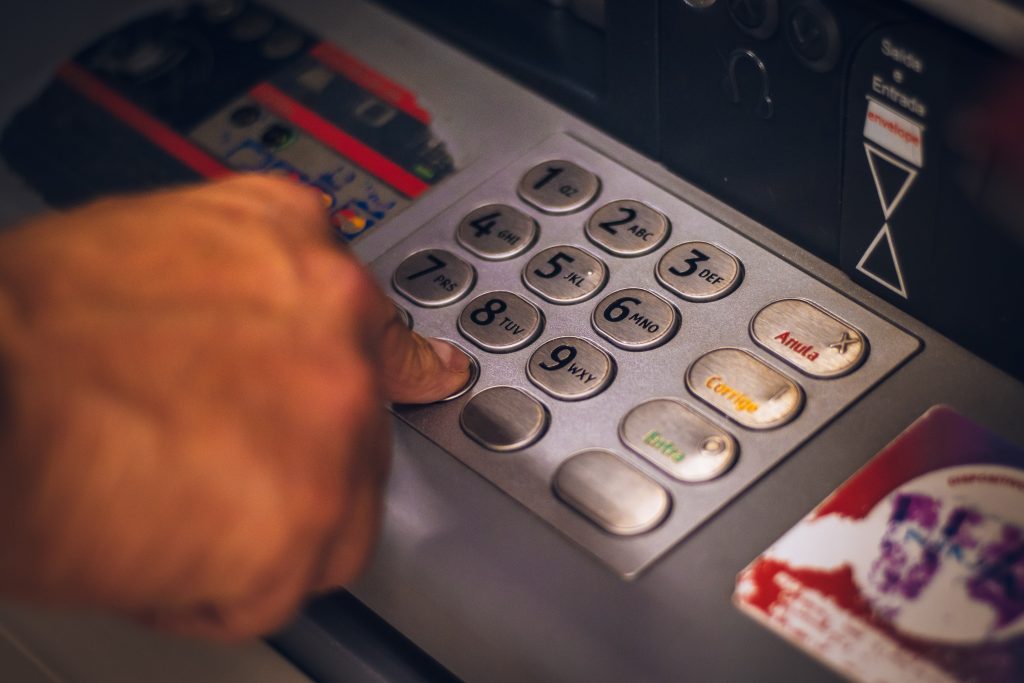Achieving greater client satisfaction, greater profitability, and greater control are all possible with digital banking. Eliminating the requirement for customers to visit a physical branch office in favor of an online one fundamentally changed the way banks do business. While the bank manages data security, risk mitigation, and other regulatory elements, consumers can conduct financial transactions through various secure digital channels. Online and mobile banking services can be merged with the newest digital technologies like analytics and social media to meet and exceed customers’ needs in terms of convenience and experience.

Evolution of Digital Banking
Banks worldwide have been transformed by technology in the last two decades. People and organizations worldwide were able to communicate via the internet and mobile devices in the most remote areas. This had a profound effect on the expectations of customers and the way firms worked. Fintech companies have joined the banking industry with various customer-friendly solutions thanks to mobile connectivity and associated infrastructure provided by fintech companies. Banks had to re-engineer their processes and products to remain competitive and keep their clients. When ATMs were first introduced, it marked the beginning of digital banking. The next step was to live up to the higher standards set by the market. Banks were compelled to come up with better technologies, products, and services due to this. Through technology, banks provided 24-hour services for consumers by the end of the twentieth century. Today, customers may use their cell phones to access their banking facilities at any time without ever having to speak to a bank employee. Data is interpreted into valuable information through the application of analytical tools in digital banking, and improved client engagement and more business are generated through the use of customer-specific interactions. This results in a more efficient operation and a higher profit for the bank.
Are Digital Banking And Online Banking The Same Thing?
Although the terms digital and online banking are sometimes used interchangeably, there are significant differences between the two.

There are only a limited number of fundamental banking functions available online. Access to essential banking functions, such as account management and statement viewing, is often provided through online banking. An online banking system’s capability must be restricted and cannot be readily increased to offer customers more banking services.
Compared to traditional banking systems, digital banking systems are far more elegant and allow institutions to add and expand functionality much more quickly. Automated banking focuses on APIs and web-based services to provide banks with high levels of security and flexibility while also reducing costs. As a result of modern banking systems, customers can now have a fully digital experience with real-time data feeds and faster analytics.
Mobile banking is another term that is frequently misunderstood regarding online and digital banking. The term “mobile banking” refers to a service offered by an existing bank to its customers that allows them to conduct transactions via their mobile devices without going to a bank location.
As a result, digital banking is the most expansive of the three concepts. It’s safe to argue that the internet and mobile banking are the foundations of this system.
Digital Banking’s Advantages
Understanding how new digital banking technologies enable digital banks to offer better and more affordable services than their traditional counterparts is critical as more digital banks enter the market.
- Cost savings
Checking and accounting take up a lot of the time and resources of traditional banks. Digital banking software cuts operational expenses dramatically by removing unnecessary back-office activities. By automating the processes connected with daily transactions, digital banking systems free up a significant amount of bank staff time. There are fewer processes and individuals engaged in transactions due to digitization, which decreases the chance of costly financial errors.
- Enhanced usability

Opening an account with a digital bank is quick and easy, thanks to integrated KYC and AML standards. Banks can provide financial services to non-customers more swiftly and efficiently thanks to ID verification technologies and risk assessments. Digital banking has the advantage of being available round-the-clock, 365 days a year. There is no limit to what clients can do and what services they can access due to this.
- Convenience
It is possible to execute financial transactions on any day or night thanks to online and mobile banking. Consider how much time you’ll save by not having to travel out of your way to a branch during business hours to deposit checks, check balances, transfer funds, and set up account notifications instead.
- Security
Financial firms place a high value on protecting their customers’ money. Banks and credit unions go to great lengths to ensure that your online and mobile banking is safe and secure. Mobile apps may offer a biometric login option like fingerprint, facial, or voiceprint recognition in the event that you lose your phone. It’s also safer to use a digital wallet than a real credit card. If the merchant’s data is hacked, you are given a unique, one-time transaction code to protect your account information.
- Increased customization
Machine learning and Artificial intelligence (AI) are at the heart of digital banking software, allowing for highly customized customer experiences (ML). Banks can provide customers with interactive tools, useful financial solutions, and educational resources when the moment is perfect. Many technologies, such as automated budgeting, savings reminders, expenditure analytics, and more, assist in educating and enticing clients to make informed purchasing decisions.
- Wow-features
You can already buy cryptocurrencies and gold right from your bank’s app, which is something that traditional financial institutions can’t do. Customers of digital banking can rapidly alter their transaction limitations security settings and even designate whether or not NFC or magnetic stripe payments should be enabled.
- Control
With digital banking, you get more of it. In contrast to physical banks, mobile and online banking are always open. Transfers and deposits can be made even if the bank is closed. Sending and receiving money has never been so simple. It’s also possible to set up features like push notifications and text alerts, which can notify you of low balances, overdrafts, and even probable fraud, to minimize costs.
It’s easier to manage your money with mobile and online banking than it is with traditional banking because of the tools and capabilities it provides. There is no one-size-fits-all approach to embracing digital banking choices. If you need to conduct a more involved transaction or have a business that must be done in person, you can still stop by or call a branch.
Future of Digital Banking
Research indicates that a bank must have these features in order to be considered fully digital.
- Ordering foreign currency
- Allows for a wide variety of standing positions
- The ability to block cards
- New developments in the field of safes
- Accounts associated with tax-exempt status
- Integration with investment channels for the stock market
- The study of monetary management
- Different bank accounts can be grouped together
- The assistance is quick and easy to get
Digital banking will not be able to replace physical branch locations for some time completely. Decisions like taking out a loan or negotiating its terms are best handled by humans. Digital banking, on the other hand, is proven to be a useful tool for recurring financial operations. The digitally knowledgeable client will constantly look for tailored and seamless digital services offered at their time because time is such an important aspect for customers and services.
